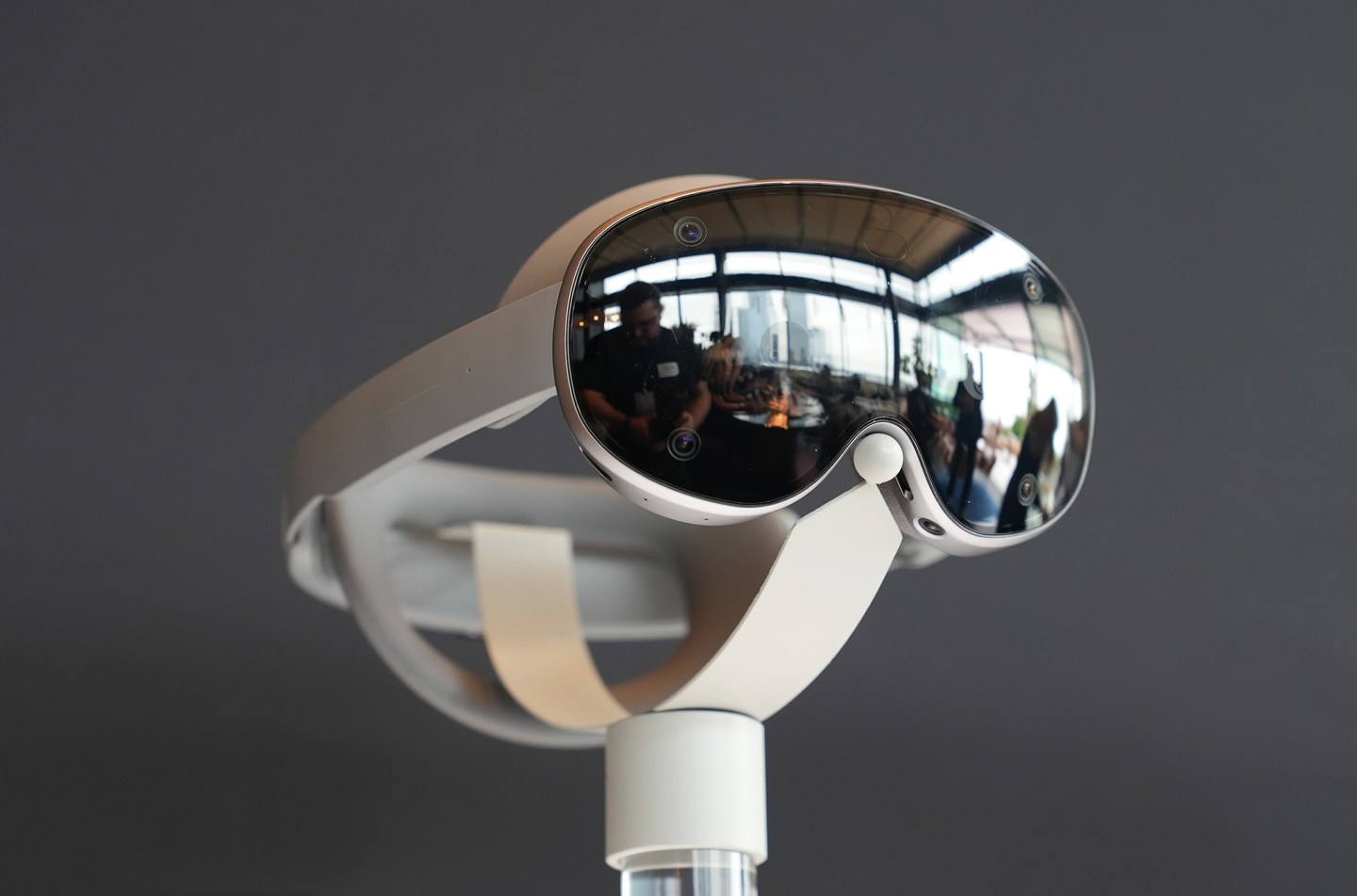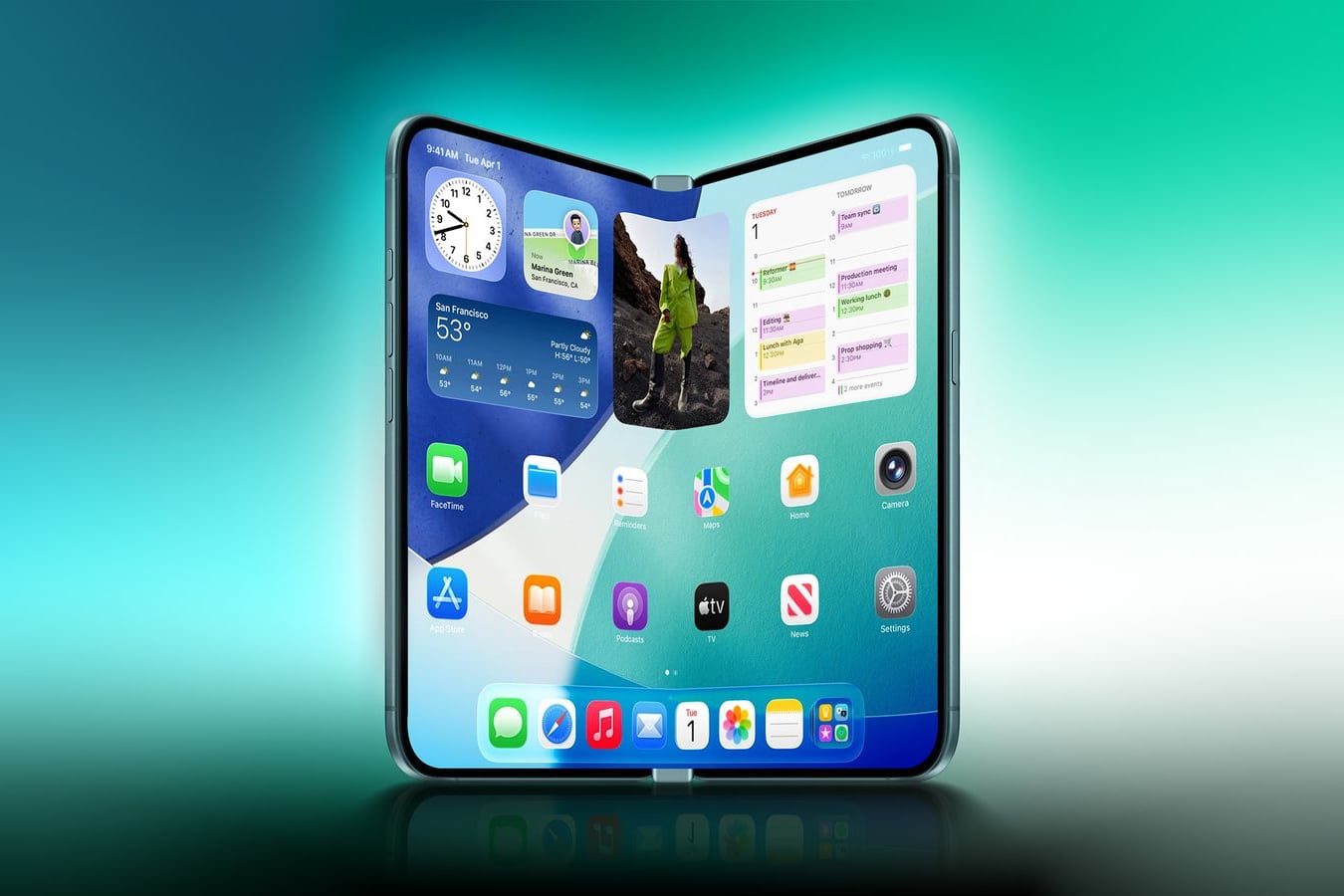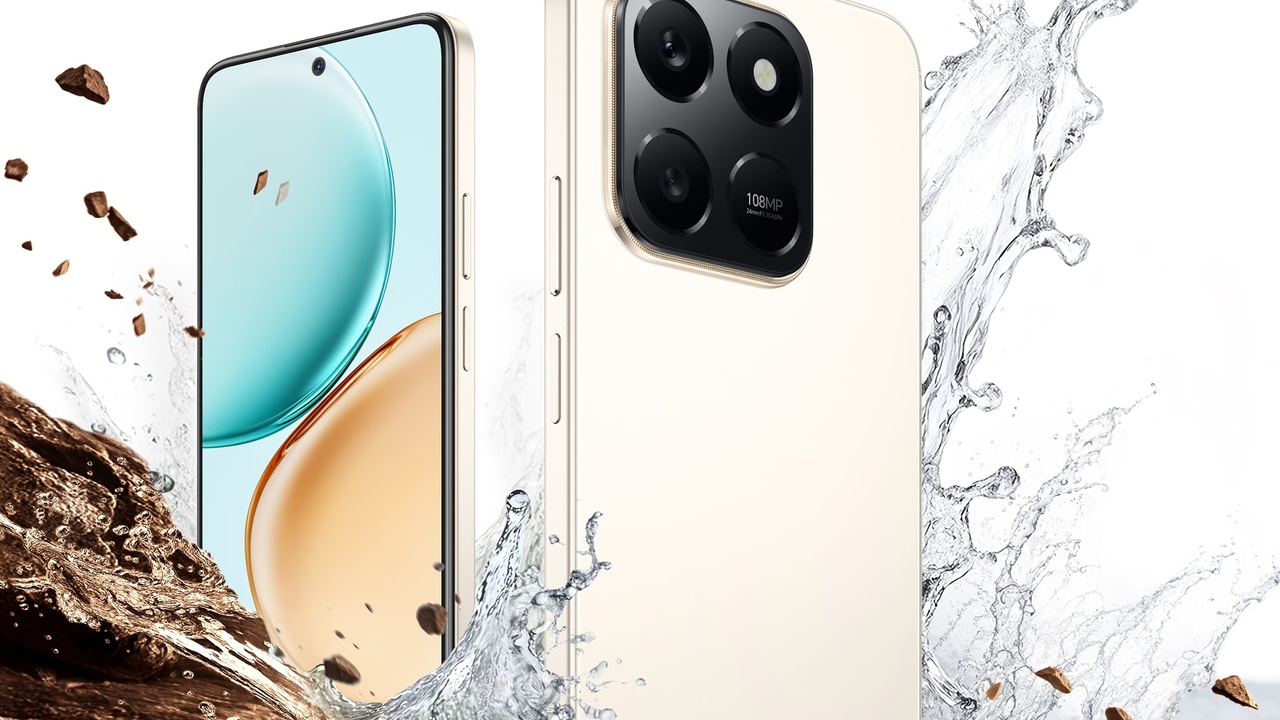A new honor study dedicated to the publication of a series of influences, the X7D Honor X7D showed that modern technologies play an important role in the daily work of the Russians. According to the data, 60.5% of the participants admitted that the smartphone helped work faster. For 68.1% of the respondents, the smartphone is as important as a professional tool and for 83.7%, this is also a personal security issue.
More than one -third of the employees (32.9%) admitted that Gadget greatly facilitated their duties and 20.4% could not do the job without him. The presence of a device for couriers (50.5%), taxi drivers (45.6%), ambulance doctors (24.2%), carriers (23.6%) and rescuers (21.4%) are particularly critical.
The study also showed that technology makes it easier as a whole. The impact of the practices was recorded by 66.3% of the survey participants, and 22.1% of them consider changes. In addition to smartphones, automation services (31.2%), smart watches (19.6%), voice columns (17.9%) and laptops (17.6%) come to recover.
Often, smartphone colleagues (55.1%), photos of objects (41.9%), order receipt (38.6%) and emergency communication (37.4%) are used to communicate. For employees, mobile device is particularly important for employees (24.9%): 41% use it to communicate with the family.
The study also offers interesting data such as the degree of the most difficult professions. First, there were miners and miners (37.3% of the votes). Then, builders, assemblies and roofers (11%), ambulance doctors (10.1%), Ministry of Emergency (8.6%) and drills (4.7%). Interestingly, they call the miners themselves less frequently working: Only 19.4% join the public. Despite the difficulties, many note that their professions have become a school of resistance. 71.2% of the respondents believe that the studies harden their characters and teach them to overcome difficulties.
It is not less important that smartphones work in difficult conditions. One third of the workers suffered at least once a year, and 18.7% of them encountered repeatedly. Often, screen cracks (45.1%), a decrease in battery capacity (42.8%) and dust input (35.6%) are recorded.
These risks create careful behavior: 43.9% of the participants deliberately limit the use of a smartphone in the workplace. Most horror miners (63.9%), fishermen (55.6%) and employees of the Ministry of Emergency (54.8%) are expressed. An additional difficulty creates that 43.5% of the workers cannot be rapidly replaced by a broken gadget.
As for the purchase of the device, autonomy is the main criterion. The long -term work of the battery was called the main requirement of 19.1% of the participants. This is especially important for truck drivers (54.8%) and public services (50.9%). The second factor is price and quality ratio (17.2%) and the third is productivity (13.9%).
As a result, it is intending to buy a smartphone that is increasingly working with developed body protection as an investment in reliability. More than one -third (35.3%) is ready to pay more for the damage -resistant device to reduce future repair costs.
Honour
Source: Ferra
I am a professional journalist and content creator with extensive experience writing for news websites. I currently work as an author at Gadget Onus, where I specialize in covering hot news topics. My written pieces have been published on some of the biggest media outlets around the world, including The Guardian and BBC News.










